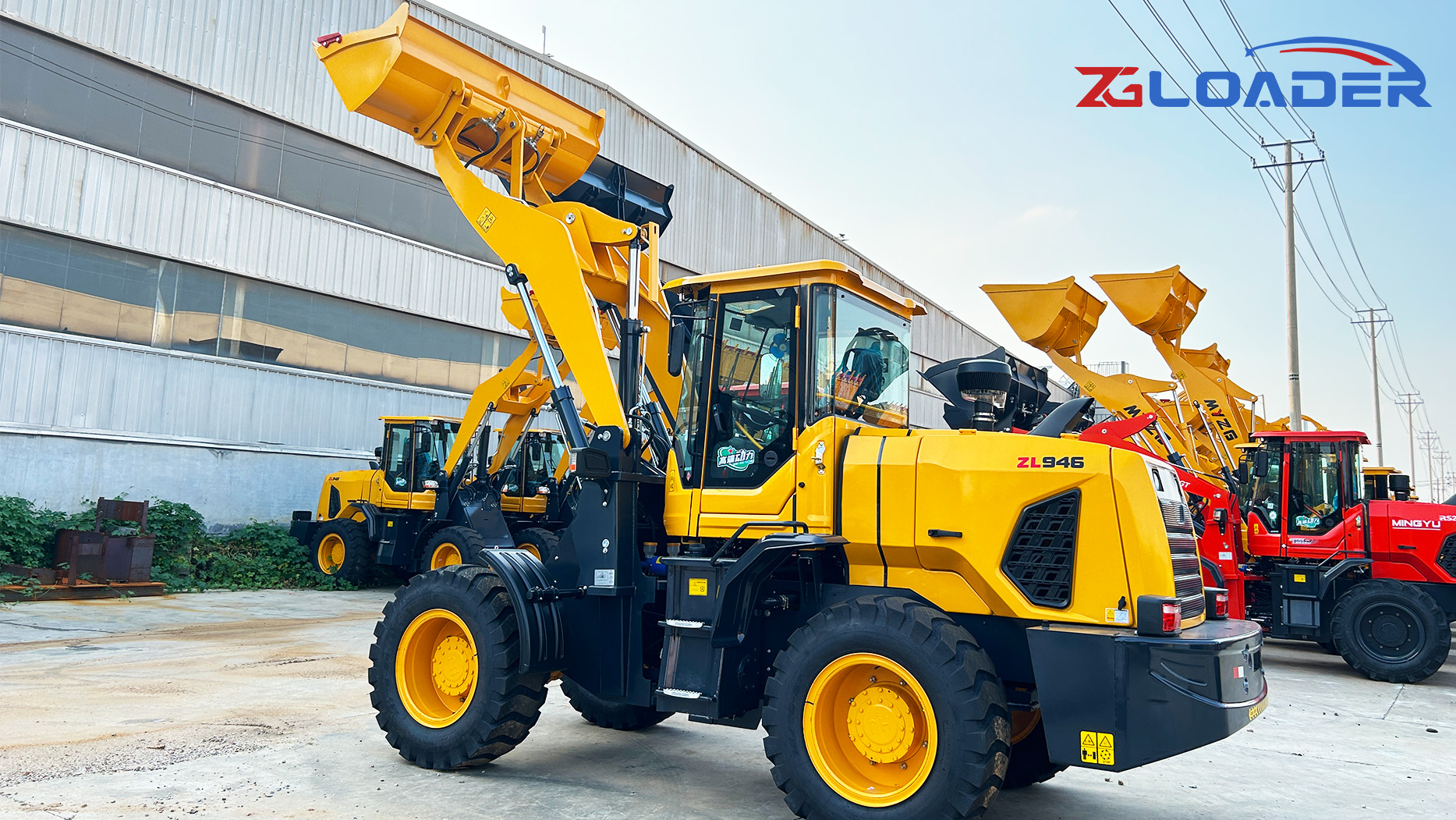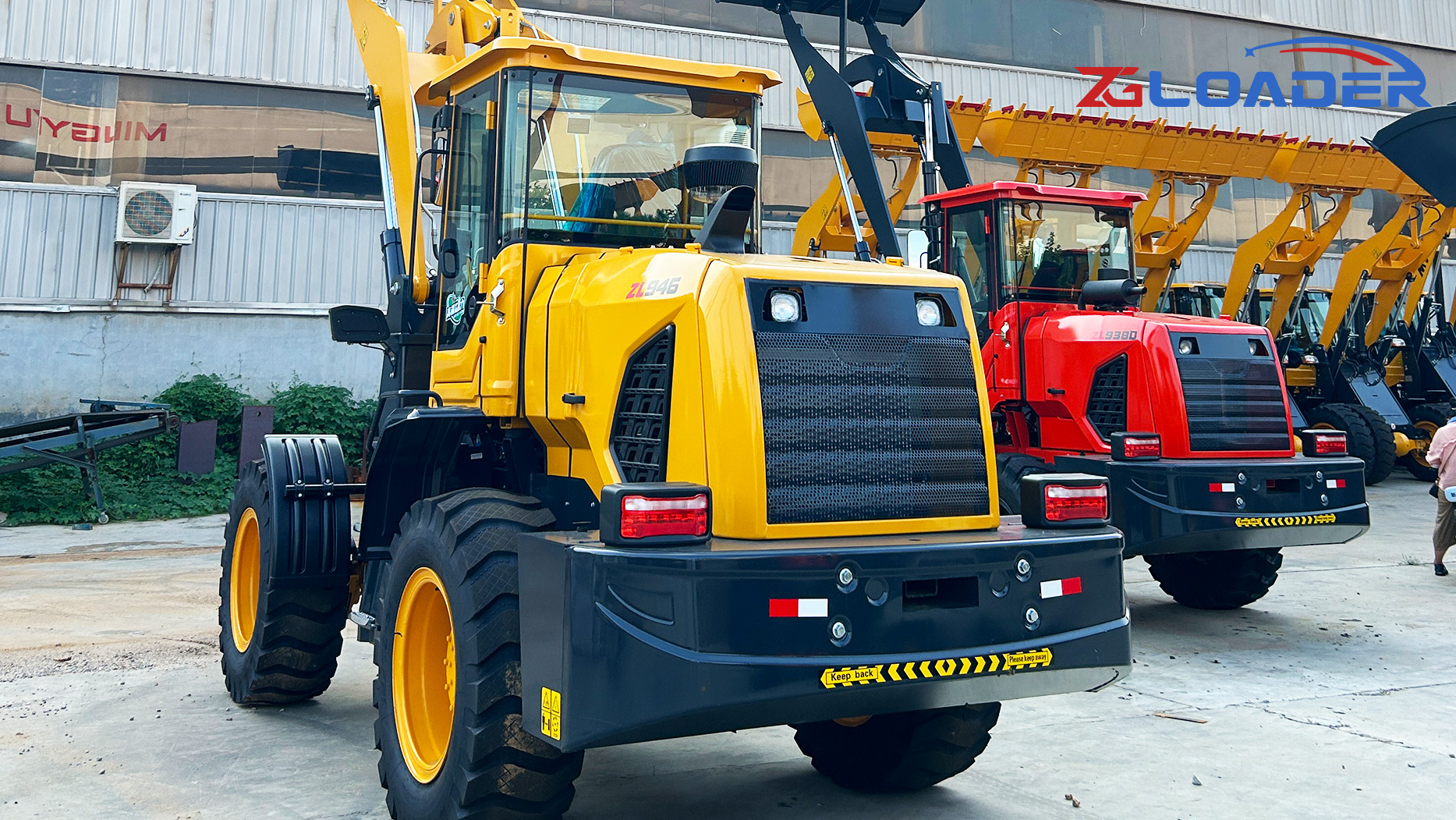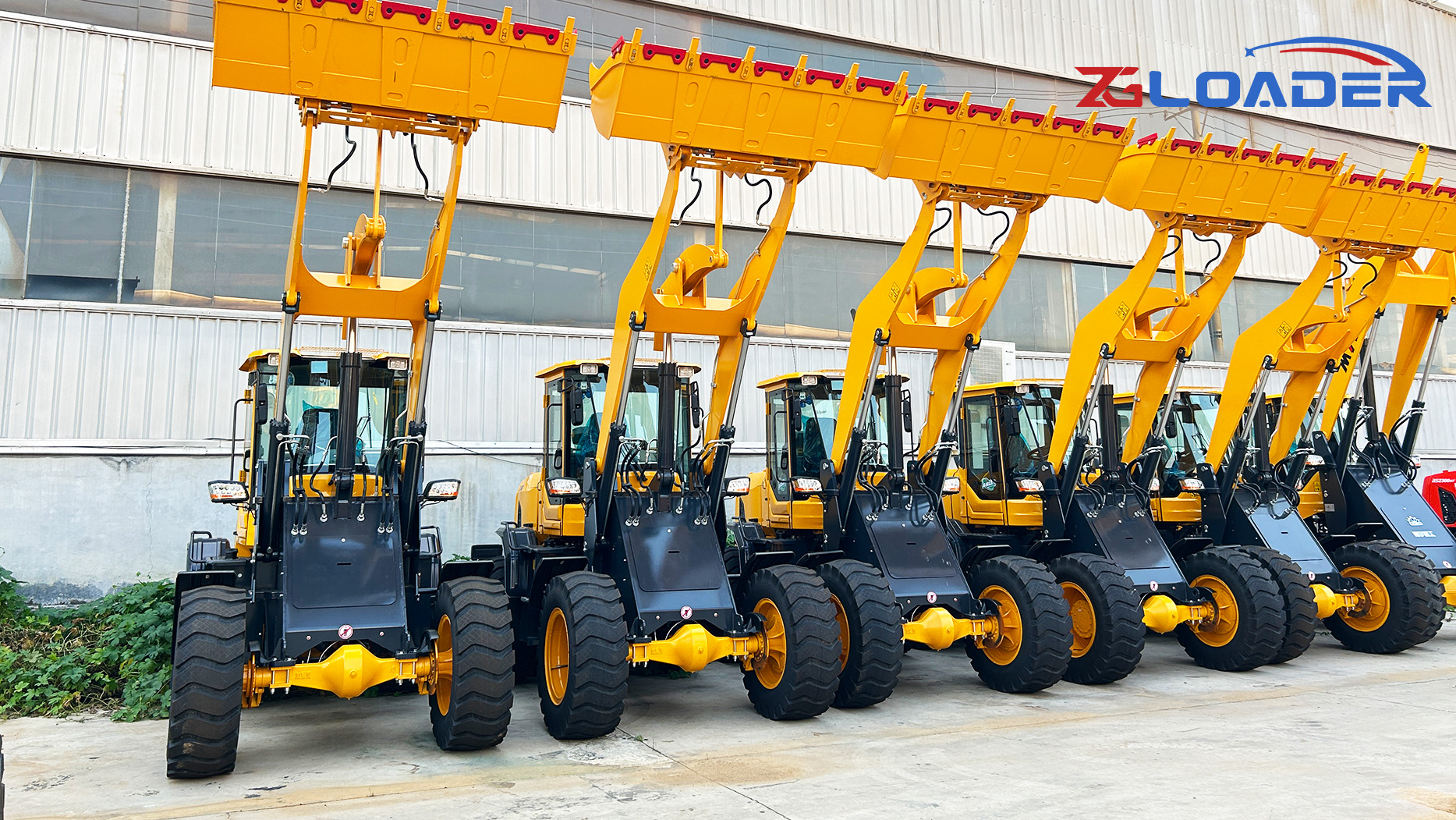Avoiding Common Mistakes and Ensuring Safe Operation
I. Introduction
Wheel loaders are powerful and versatile machines that play a crucial role in various industries, from construction and agriculture to material handling and waste management. While these machines offer significant advantages in terms of productivity and efficiency, improper operation can lead to serious consequences, including accidents, injuries, and equipment damage. This article will outline critical "don'ts" for wheel loader operators, focusing on safety practices, proper operating techniques, and preventative maintenance to ensure safe and efficient operation.
II. Safety First: Critical Don'ts
Never Overload the Bucket: Exceeding the load capacity of the wheel loader can significantly compromise stability and increase the risk of tipping over. Always adhere to the machine's rated load capacity.
Never Operate on Unstable Ground: Avoid operating on unstable ground, such as muddy, icy, or sloped surfaces. Operating on unstable ground can significantly increase the risk of tipping and loss of control.
Never Operate Under Raised Loads: Never work or stand under a raised load. Always lower the bucket to the ground before moving or exiting the machine.
Never Allow Passengers on the Loader: Passengers are strictly prohibited in the operator's cab or on any part of the machine. This includes riding on the bucket or any other part of the machine.
Never Use the Bucket as a Platform: Never use the bucket as a platform for standing, accessing other areas, or transporting personnel.
III. Operating Techniques to Avoid
Sudden Movements: Avoid sudden accelerations, decelerations, or turns. These abrupt movements can destabilize the machine, increase the risk of tipping, and cause excessive wear and tear on the equipment.
Jerky Movements: Avoid jerky movements of the loader arms, which can damage the machine's hydraulic system and reduce operating efficiency.
Traveling with the Bucket Raised: Avoid traveling with the bucket raised unnecessarily. This increases the risk of tipping and reduces visibility, making it difficult to see obstacles in the path.
Operating on Slopes: Exercise extreme caution when operating on slopes. Avoid operating on steep slopes whenever possible. If slope operation is necessary, proceed slowly and carefully, maintaining stability and avoiding sudden movements.
Excessive Speed: Avoid traveling at excessive speeds, especially when turning or operating on uneven ground. Excessive speed can reduce control and increase the risk of accidents.
IV. Maintenance Neglect: What Not to Do
Neglect Regular Maintenance: Neglecting regular maintenance checks and scheduled maintenance can lead to costly repairs, decreased performance, and increased safety risks.
Ignore Warning Signs: Ignore warning lights or gauges that indicate potential problems with the machine, such as low fluid levels, overheating, or engine malfunctions.
Use Low-Quality Fluids: Use only approved fluids and lubricants recommended by the manufacturer. Using incorrect fluids can damage the engine, hydraulic system, and other critical components.
Overload Hydraulic System: Avoid overloading the hydraulic system by operating attachments beyond their rated capacity. This can damage the hydraulic system and reduce the machine's overall performance.
V. Communication and Site Awareness
Poor Communication: Fail to communicate effectively with other workers on the job site. Use signals, radios, or other means of communication to ensure everyone is aware of your movements and potential hazards.
Inadequate Site Awareness: Fail to be aware of your surroundings, including other workers, pedestrians, obstacles, and potential hazards on the job site.
VI. Avoiding Common Accidents
Collisions: Avoid collisions with other vehicles such as backhoe loader, skid steer loader, equipment, and structures on the job site. Maintain a safe distance from other workers and equipment.
Tip-Overs: Take all necessary precautions to prevent tip-overs, such as avoiding overloading the bucket, operating on stable ground, and maintaining a low center of gravity.
Spills and Leaks: Avoid spills of fuel, hydraulic fluid, or other materials that can contaminate the environment and pose safety hazards.
VII. Conclusion
Safe and efficient operation of a wheel loader requires a commitment to safety and a thorough understanding of proper operating procedures. By avoiding these common mistakes and adhering to safety guidelines, operators can minimize the risk of accidents, protect themselves and others, and ensure the longevity and efficiency of the equipment.
Post time:Jan.20.2025



